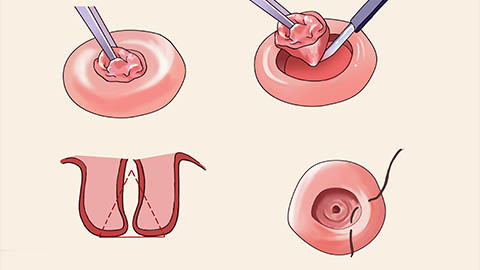What are the important aspects of regular cervical examinations?
Generally speaking, the importance of regular cervical examinations includes early detection of cervical cancer and precancerous lesions, timely diagnosis of cervical inflammation, monitoring the progression of cervical lesions, enhancing women's health awareness, and preventing other gynecological diseases. A detailed analysis is as follows:

1. Early Detection of Cervical Cancer and Precancerous Lesions
Cervical cancer is one of the common malignant tumors in the female reproductive system. Regular cervical examinations, such as cervical liquid-based thin-layer cytology tests and human papillomavirus (HPV) testing, can detect abnormal cells at the precancerous stage, enabling timely intervention to prevent progression to cervical cancer and improve cure rates.
2. Timely Diagnosis of Cervical Inflammation
Cervicitis is a common gynecological condition, including acute and chronic cervicitis. Long-term cervical inflammation may cause congestion, edema, and erosion of the cervical mucosa, affecting sperm passage and survival, thereby reducing fertility. Regular cervical examinations can promptly identify cervicitis, allowing appropriate treatment based on the severity of the condition.
3. Monitoring Progression of Cervical Lesions
For women with existing cervical lesions such as cervical intraepithelial neoplasia (CIN), regular cervical examinations allow close monitoring of lesion progression. Physicians can determine whether the lesion remains stable, improves, or worsens based on examination results and formulate appropriate treatment plans accordingly.
4. Enhancing Women's Health Awareness
Regular cervical examinations encourage women to pay more attention to their health, thereby increasing health awareness. This helps women emphasize personal hygiene and adopt healthier lifestyles in daily life, reducing the risk of disease.
5. Prevention of Other Gynecological Diseases
The cervix is closely connected to other reproductive organs such as the vagina and uterus, and cervical health is closely related to the overall health of the reproductive system. Regular cervical examinations can detect diseases at an early stage that may spread to other reproductive organs, reducing the risk of other gynecological conditions and improving women's quality of life.
Women are advised to begin regular cervical examinations at age 30 and establish appropriate examination frequencies based on individual circumstances and medical advice. Additionally, maintaining good personal hygiene and a healthy lifestyle in daily life is important to reduce the risk of illness.






